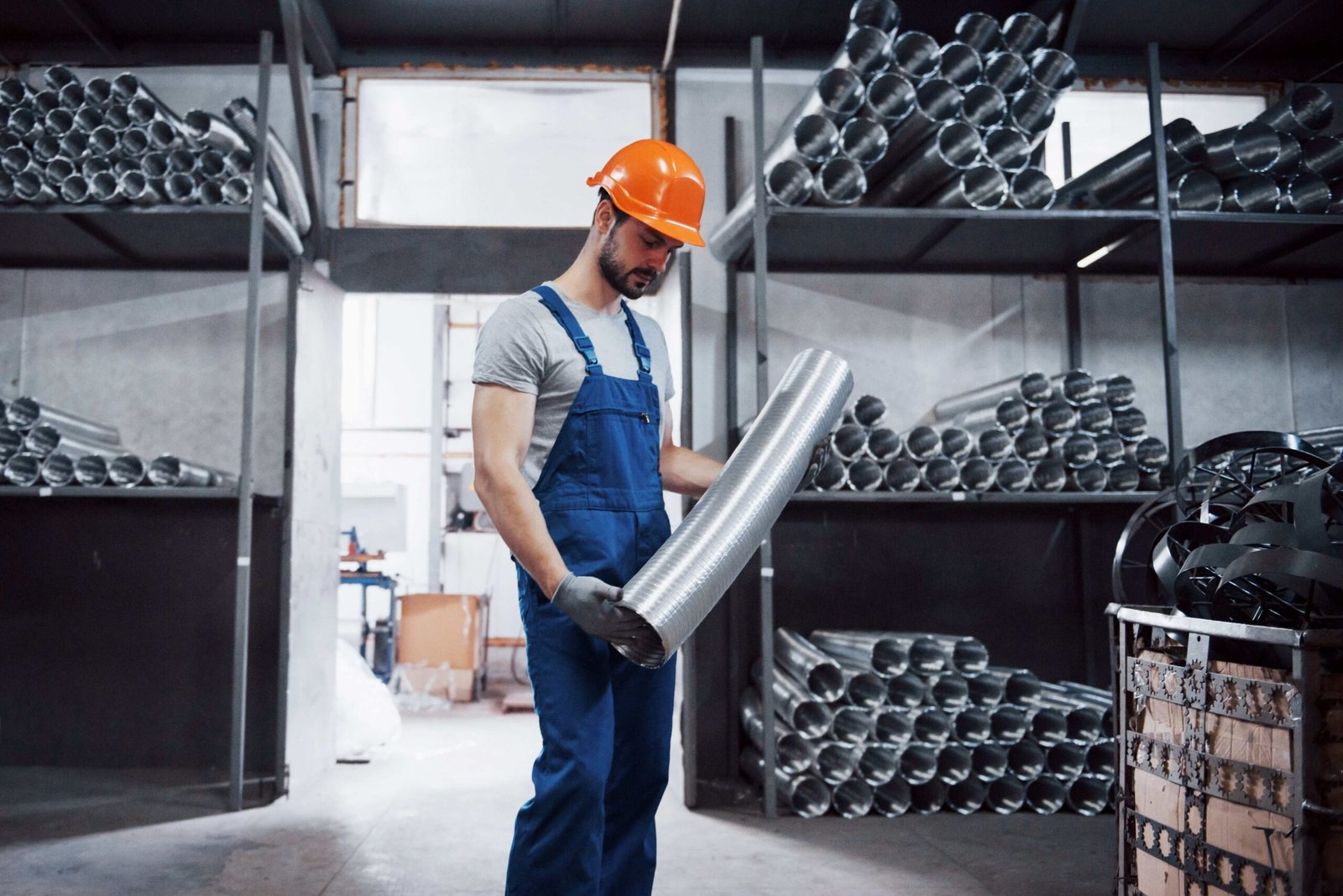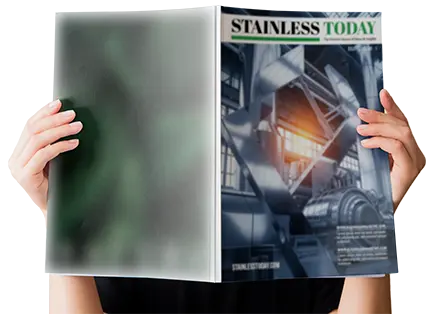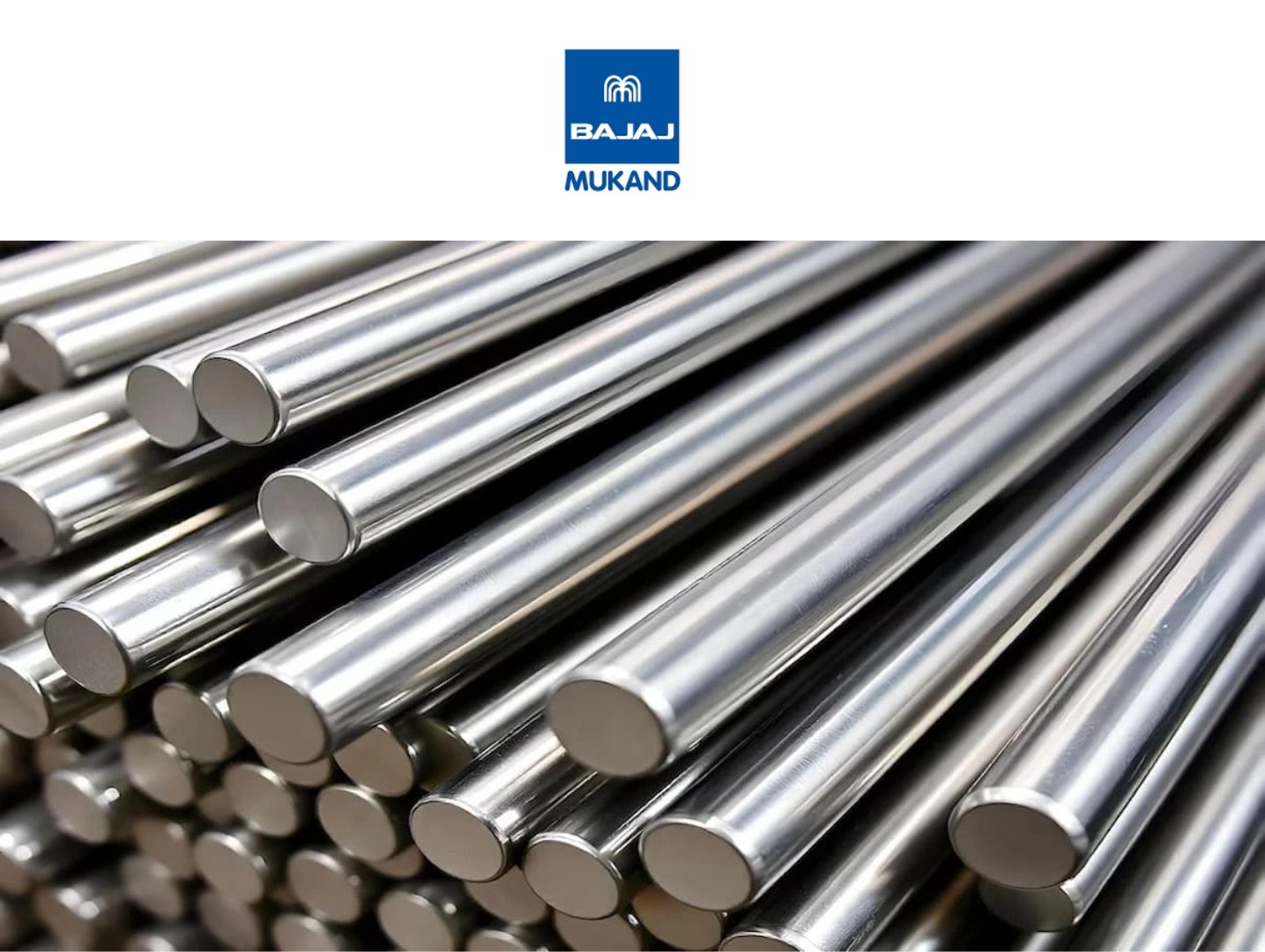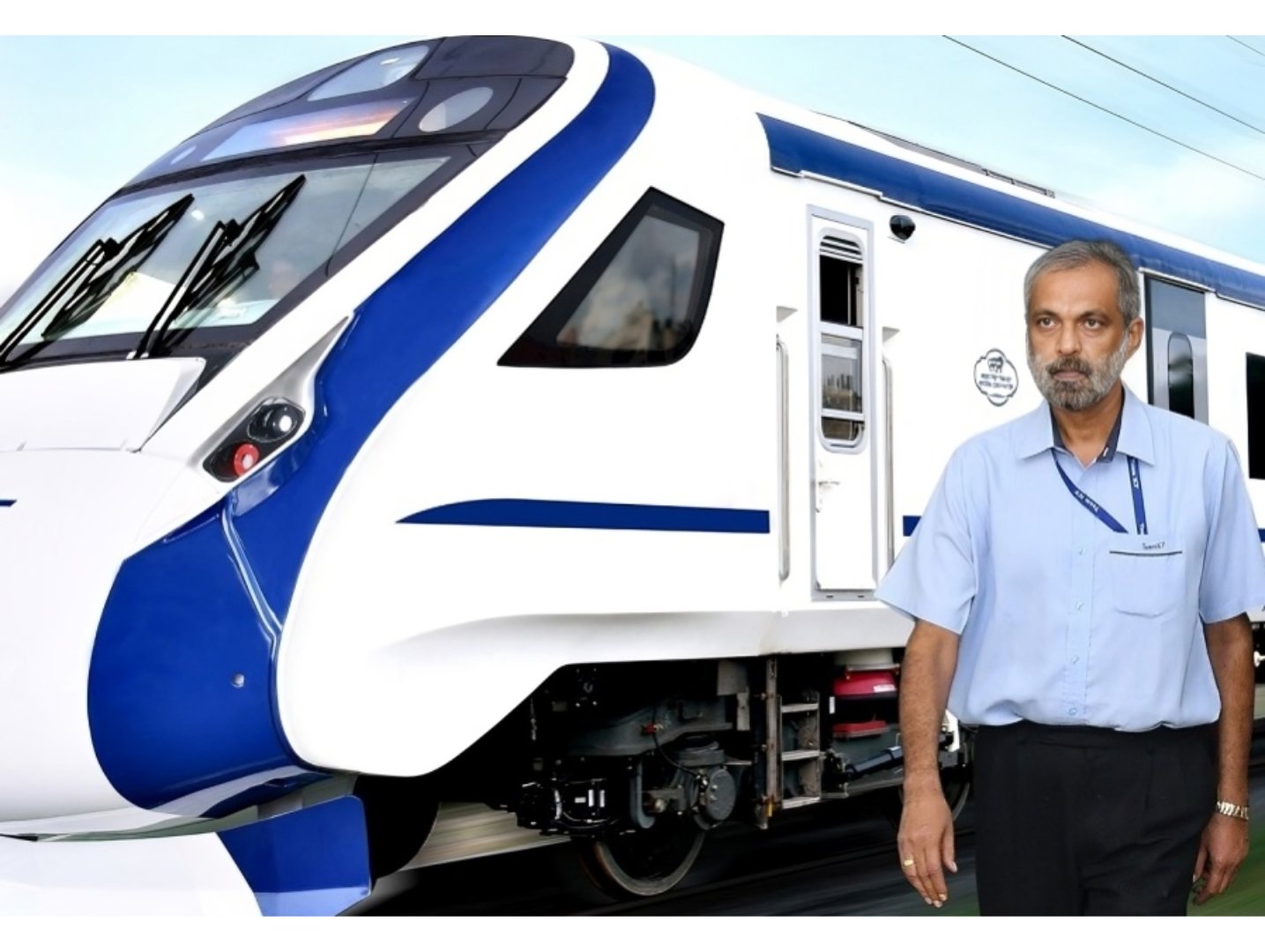Understanding different types of stainless steel and their applications

Read on to learn more about how different types of stainless steel have different applications due to their composition.
Stainless steel is an incredibly versatile material known for its corrosion resistance, strength, and low maintenance. It’s widely used in various industries, but different grades and types of stainless steel serve distinct purposes. Here’s a look at the most common types of stainless steel and their real-life applications:
1. Austenitic Stainless Steel (300 series)
The most widely used type, austenitic stainless steel contains high levels of chromium and nickel, which enhance its corrosion resistance. The popular 304 grade is non-magnetic and commonly found in kitchen appliances, cookware and food processing equipment. 316 grade, which has added molybdenum, is more resistant to corrosion in marine environments and is often used in chemical processing, medical devices and boat fittings.
2 . Ferritic Stainless Steel (400 series)
Ferritic stainless steels are magnetic, contain lower amounts of nickel, and have good corrosion resistance. They’re known for their high strength and resistance to stress corrosion cracking. 430 grade is commonly used in automotive exhaust systems, appliances and architectural trim, offering a good balance of performance and affordability.
3. Martensitic Stainless Steel
Known for its hardness and strength, martensitic stainless steel is used where high strength and moderate corrosion resistance are required. 410 grade is frequently employed in cutlery, surgical instruments and turbine blades. While not as corrosion-resistant as austenitic stainless steel, its hardness makes it ideal for wear-resistant applications.
4. Duplex Stainless Steel
Combining the best features of austenitic and ferritic stainless steel, duplex grades offer enhanced strength and resistance to stress corrosion. Duplex stainless steel is used in industries like oil and gas, desalination plants and heat exchangers.
These different types of stainless steel, each with its unique properties, make the material invaluable across multiple industries, from healthcare and automotive to marine and infrastructure.










